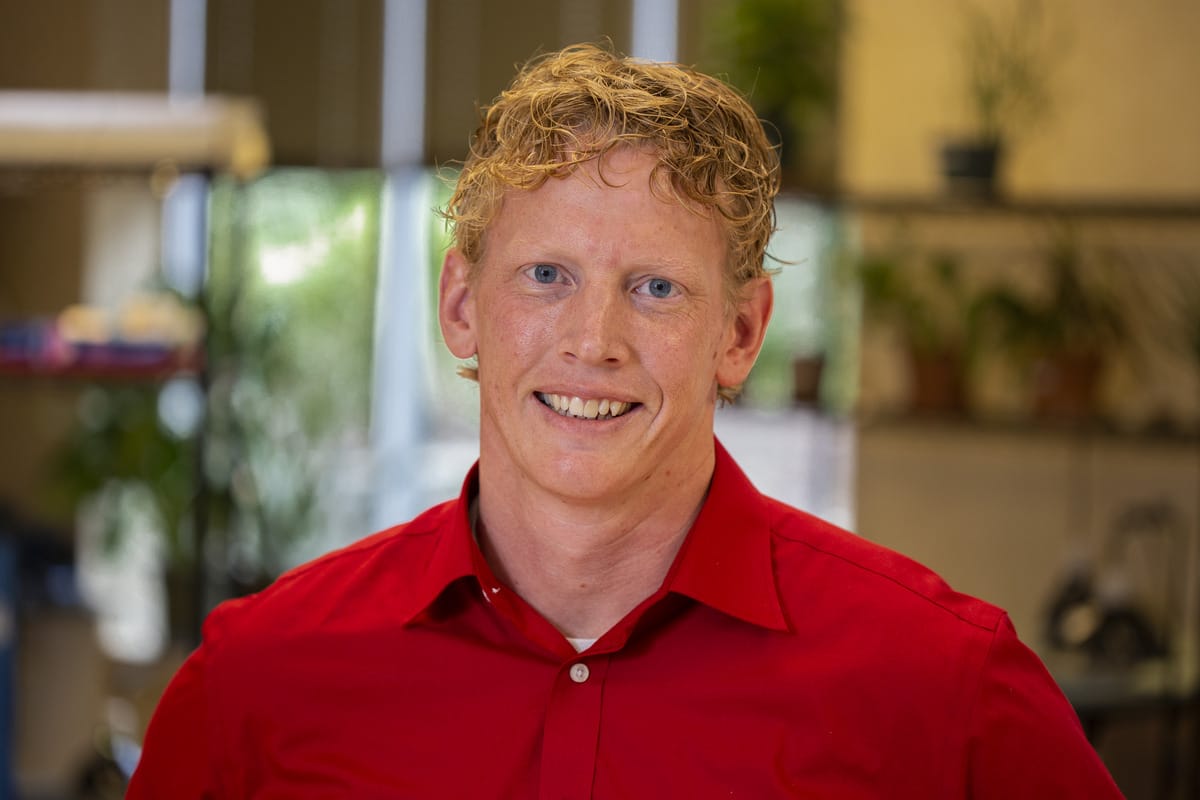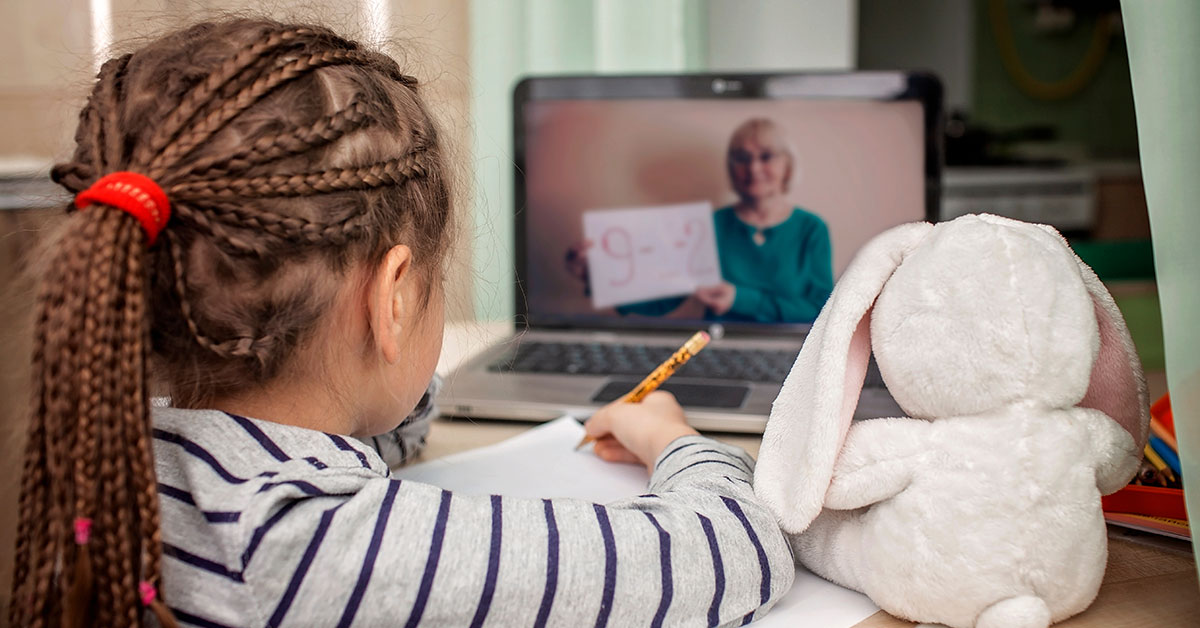For most of human history, we lived in tribal groups. When you live in a tight-knit tribe of thirty or so, defending yourself against outside threats is critical. Resources are constantly in check and your ability to work together is regularly tested.
Of course, we’ve moved on from those days. Humanity has built incredible, elaborate civilizations because we learned to cooperate. Teamwork and communication have combined over time to create our wonderful, interconnected world. Now we can share ideas and memories in an instant. It’s not even uncommon for friendships to develop between people across the globe.
But old instincts die hard — sometimes resuscitated by new technologies. As social media has grown more prevalent, it’s become easier for us to act tribal once again. We fall into echo chambers and hear only the perspectives of people on our “team”. We ignore information which might threaten our “side” and this impoverishes our development. It’s important that each of us remains open to learning new things and to changing our minds.
As teachers, we are called to help students seek and spread truth well — to show learners how we can revise our thinking when we get a good reason, how we can distinguish good information from bad, and how we can share good ideas in honest, convincing ways. That can be a daunting task, but here are a few practical ways you can make it happen in your classroom.
Learn How Stuff Works
Do you know how a slow cooker works? How pencils are made? How you sense temperature?
Most of us feel like we have a pretty good grasp of these topics. We turn the knob to the appropriate setting, wait as long as the recipe says, and viola! It cooks stuff. But that’s how to use it, not how it works. When we’re asked to think more deeply about everyday things, we encounter the illusion of explanatory depth. We don’t understand things as deeply as we think.
Here’s the thing: not only can exploring questions like this help us learn science, engineering, and mechanics. Studies have demonstrated that highlighting the illusion of explanatory depth helps people adopt more curious attitudes toward other questions. So before diving into that hot-button topic, discover how a toaster works to put students in a curious state of mind.
Reflect on Mindset
Another simple technique to help students seek and spread truth well is to help them be aware of their mindset. Julia Galef has a wonderful frame that Blue Apple has used successfully with hundreds of students: the soldier vs. scout mindset. Soldiers are primarily defensive; when we act like soldiers, we seek to prove our ideas right, and others’ ideas wrong. We ignore or minimize arguments that don’t support our conclusions. We’ll even resort to questionable tactics to help us win arguments.
When we think like scouts, we seek the truth. We listen with an open mind to other perspectives, and we’re willing to change our mind if we get a good reason. There are situations, like a courtroom, where adversarial, soldier-like thinking is appropriate. But in most situations, we “over-soldier.” Let’s help students reflect on which mindset is appropriate, and to switch to a scout mindset more often.
Change the Conversation
This one is simple: train your students to question the word “they,” whenever we hear it. No matter who we’re talking about, we have important differences AND important similarities. Using “they” emphasizes the differences; “we,” the similarities. One simple word can remind us that we’re on the same team.
For example, students might hear politicians talking about how THEY always bend the truth and distort people’s view of reality. Help your students rephrase the statement: “When we give in to our desire to bend the truth, we can create a distorted view of reality.” Notice how this emphasizes what we share in a deeply beneficial way. Instead of demonizing, it highlights a universal temptation, and emphasizes a collective striving toward a better world.
By cultivating curiosity, by helping students be aware of their mindsets, and by emphasizing “we” instead of “they,” we can help create a stronger society and a wiser world.

